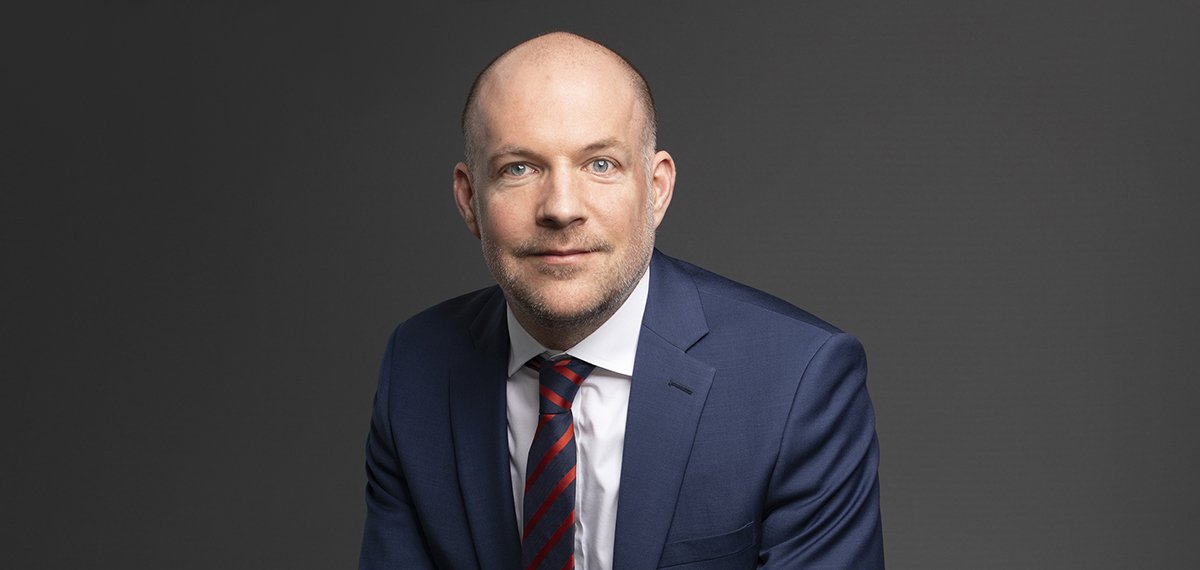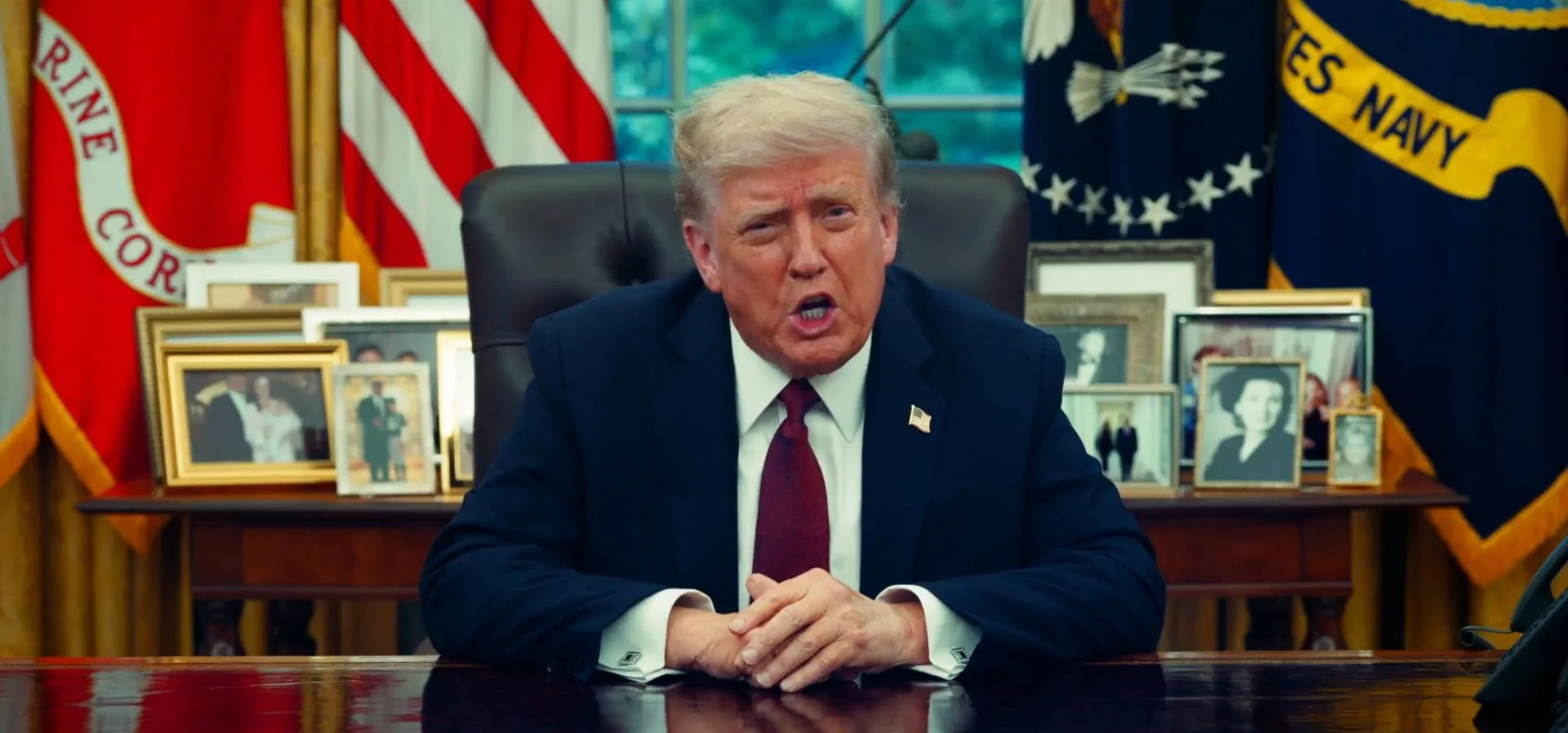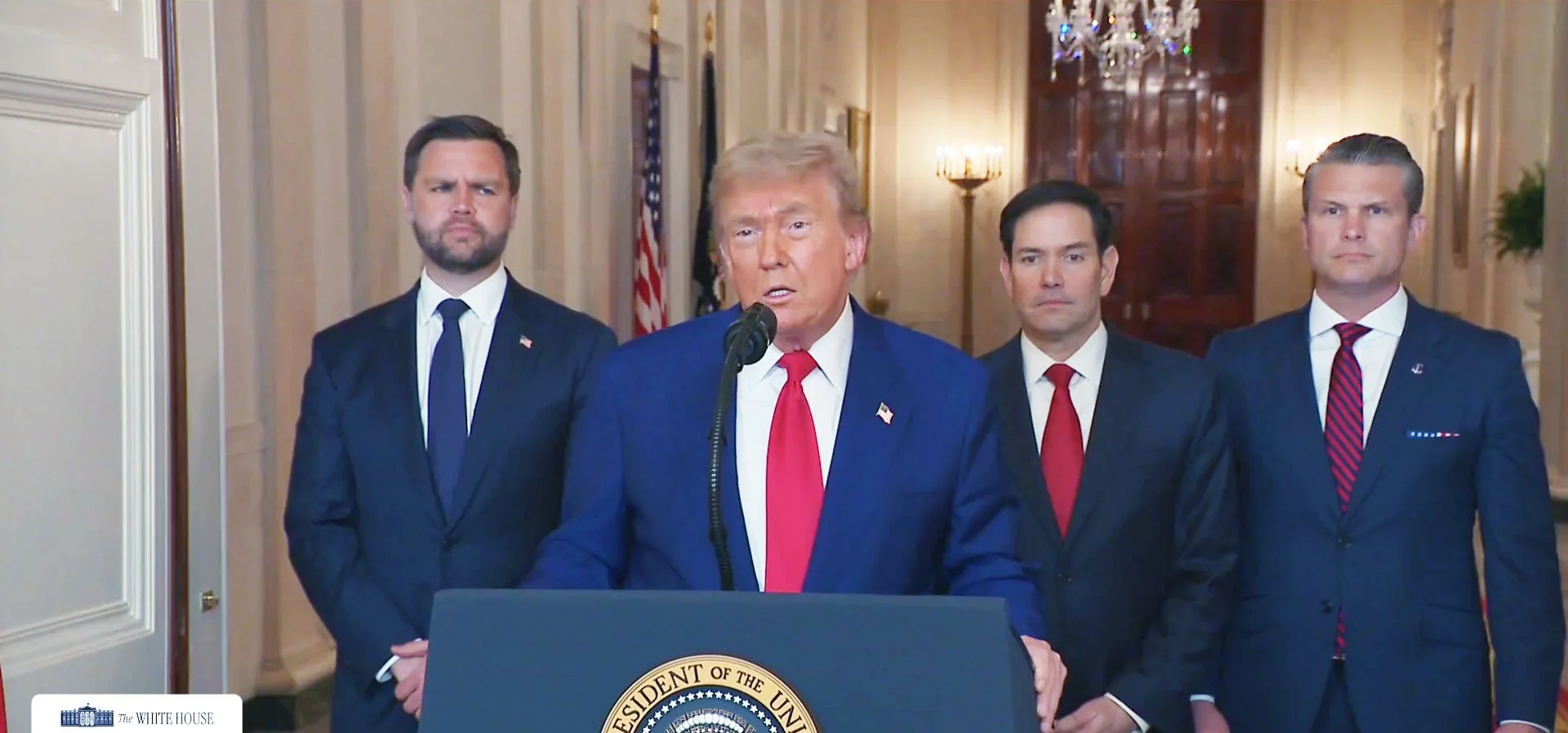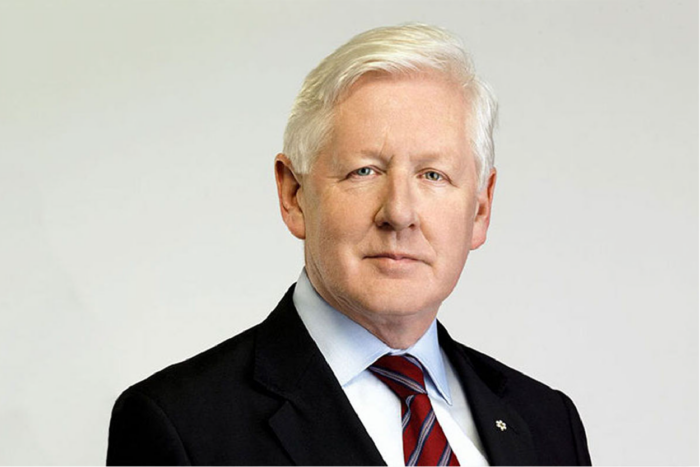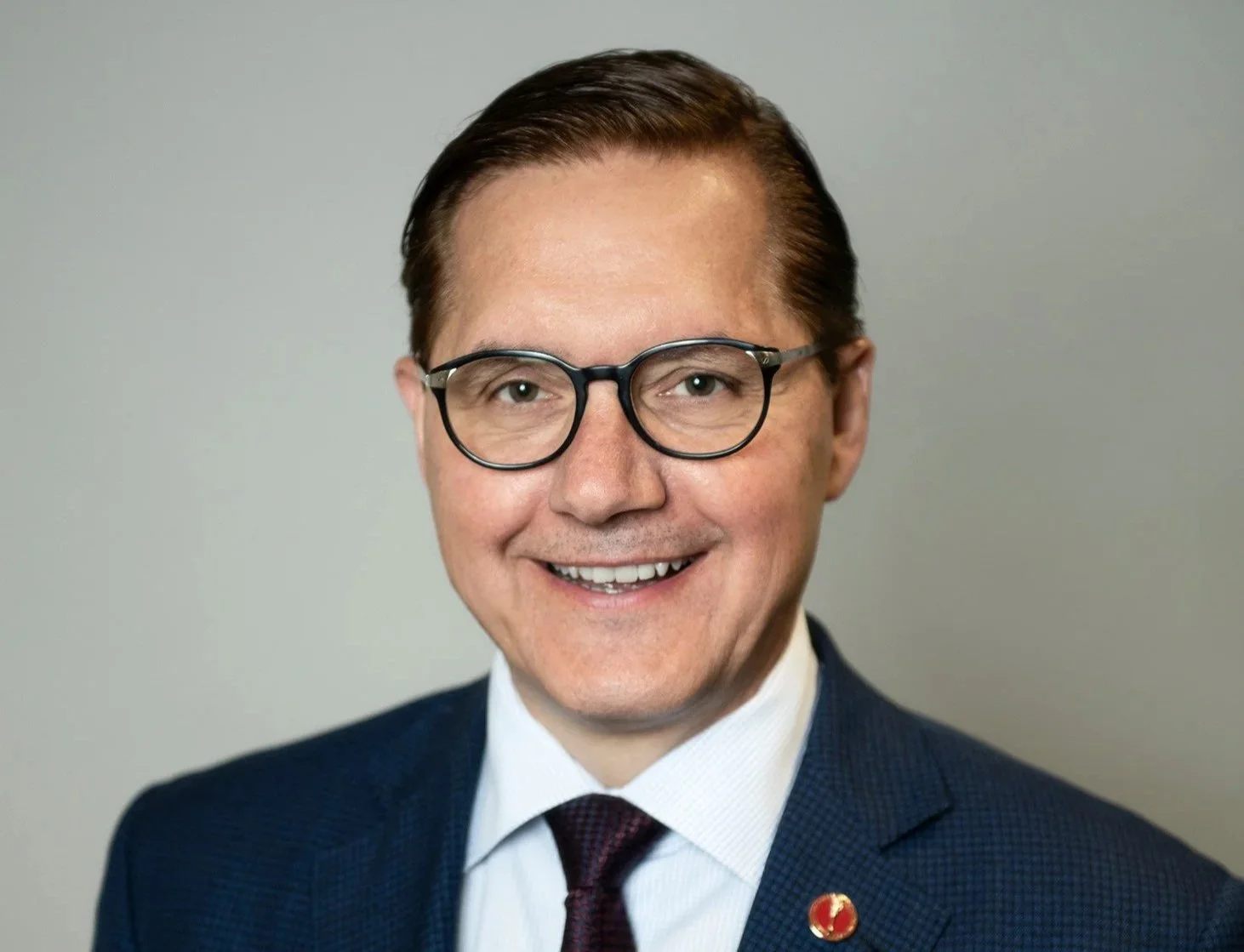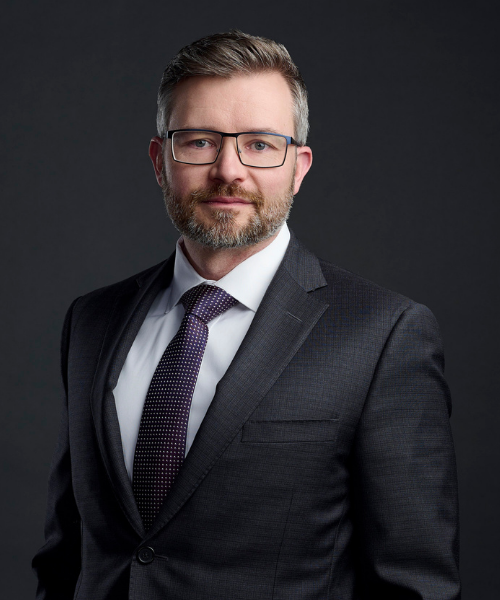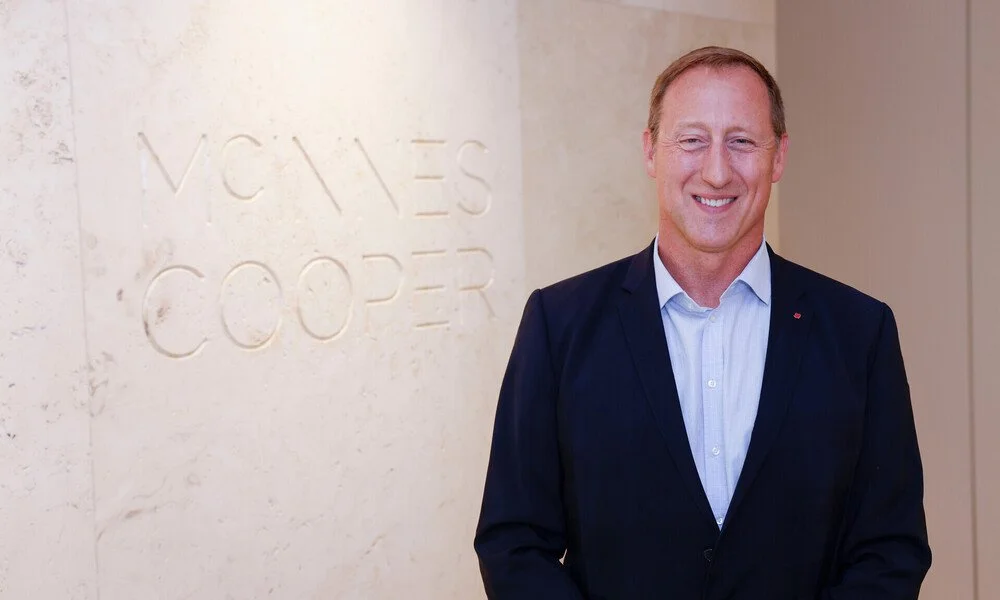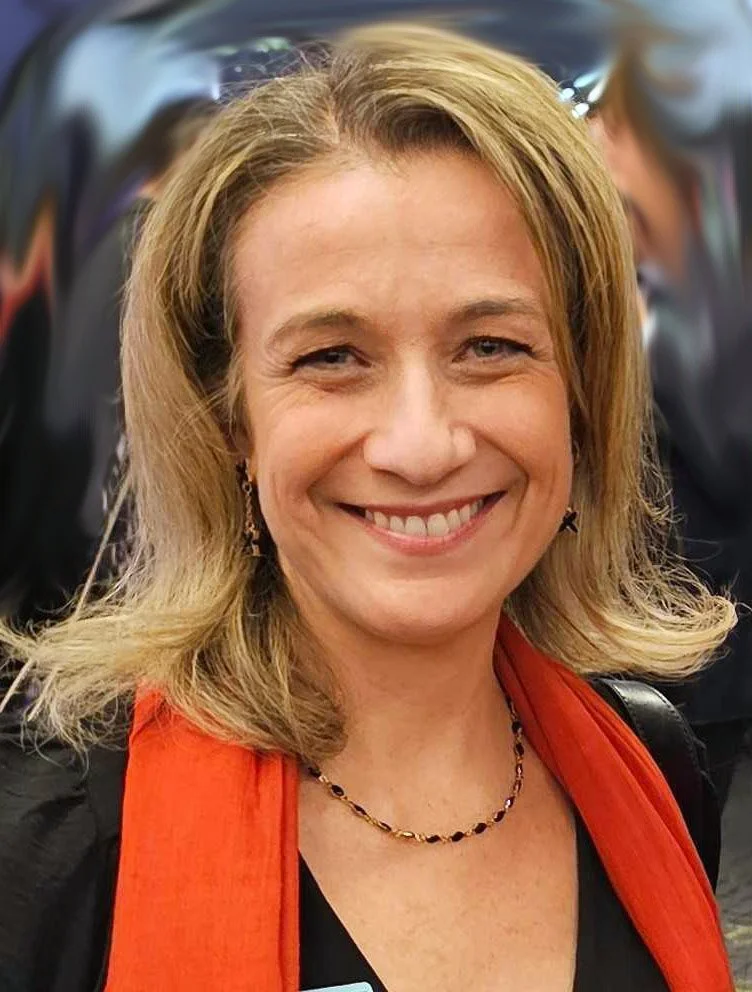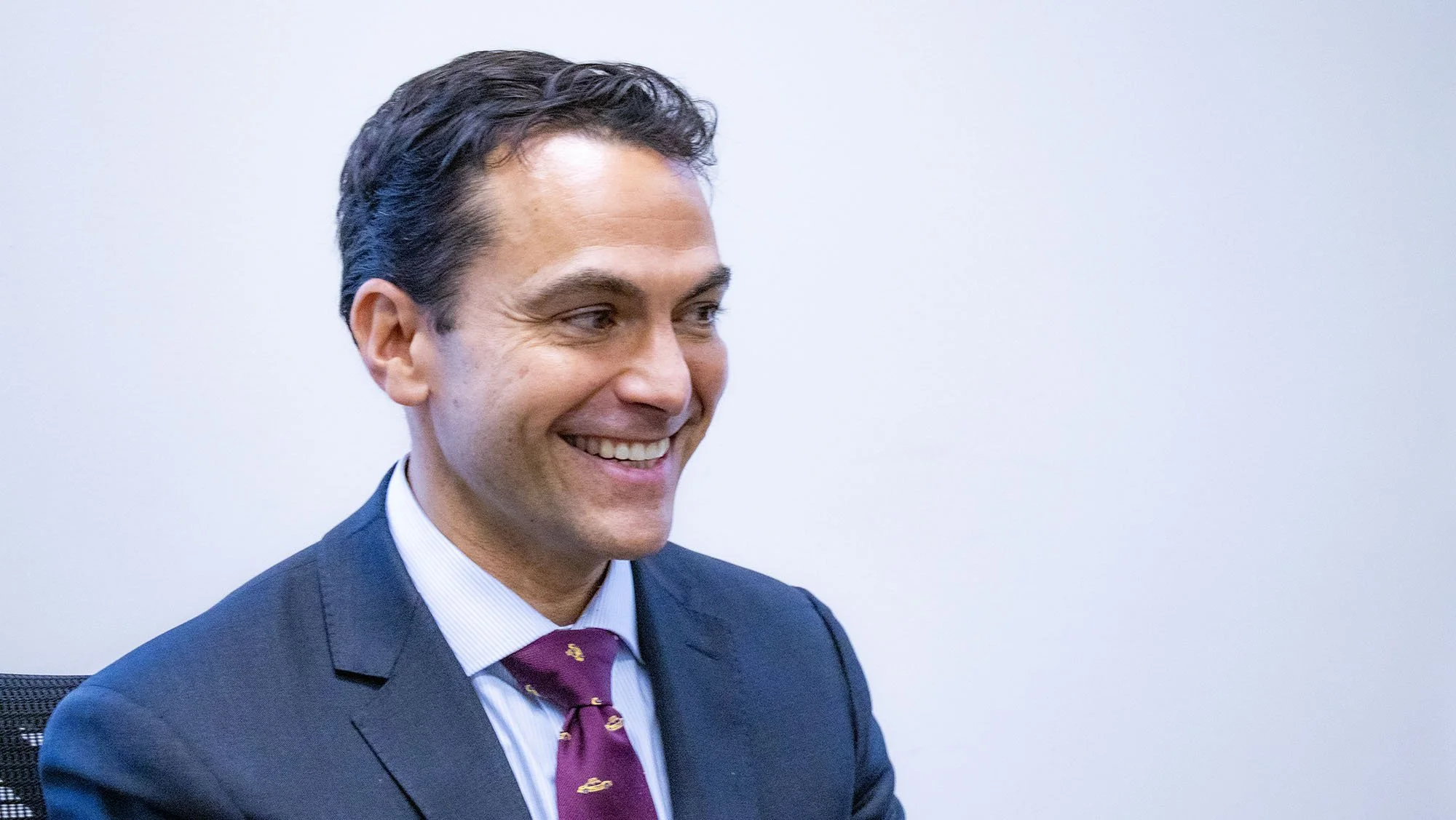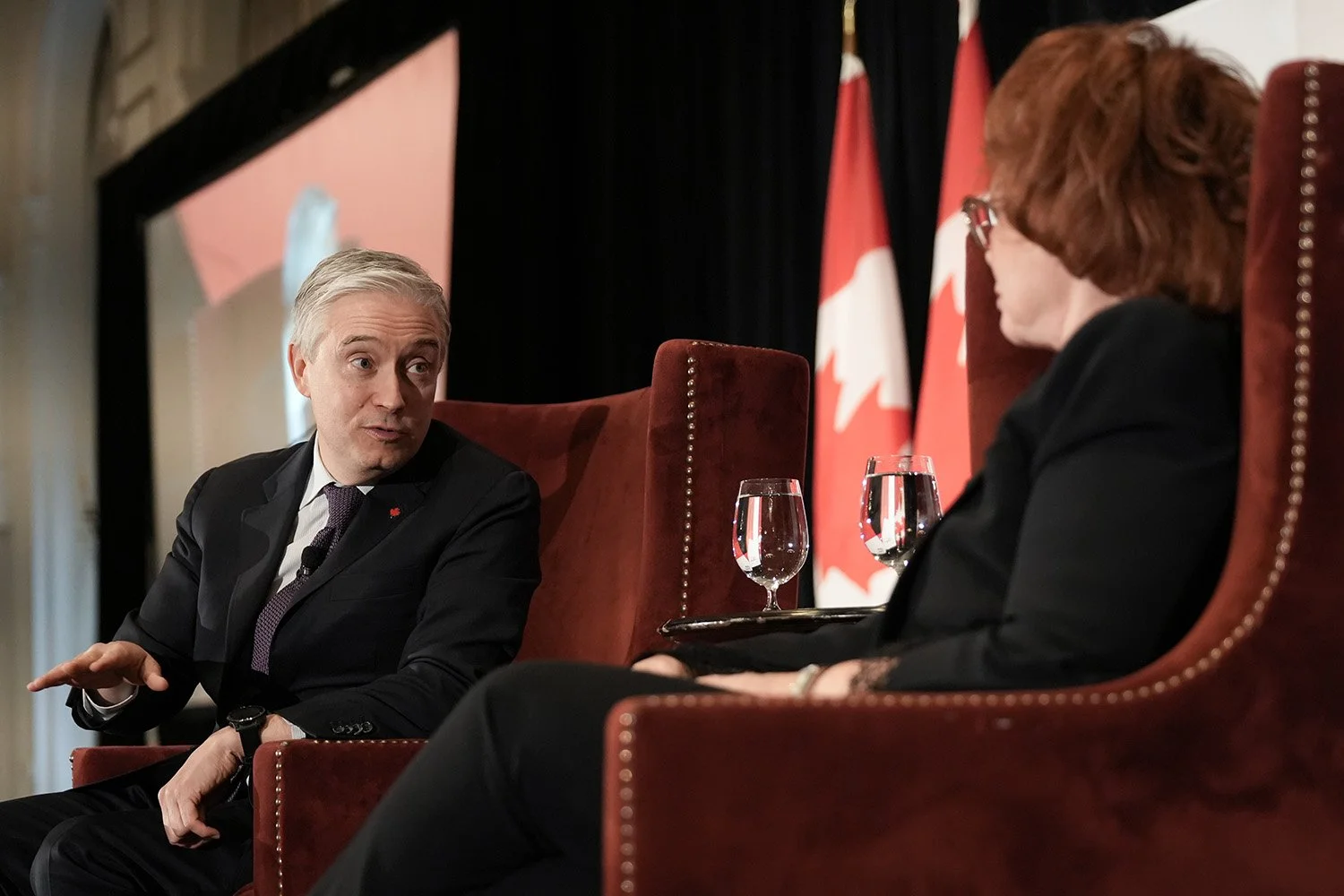Indigenous investment in Canada's infrastructure: Interview with AIOC CEO Chana Martineau
CREDIT: AIOC
Chana Martineau, CEO of the Alberta Indigenous Opportunities Corporation
In a landmark deal, TC Energy Corporation recently announced the sale of a 5.3 per cent stake in its vast Western Canadian pipeline network to a consortium of Indigenous communities.
This transaction, valued at $1 billion, is backed by a guaranteed loan from the Alberta Indigenous Opportunities Corporation (AIOC), a pioneering provincial initiative designed to support Indigenous economic participation.
We asked Chana Martineau, CEO of AIOC, to discuss the organization’s role in this historic deal and its broader mission to foster Indigenous investment in key Canadian industries.
Q: What’s your mandate and core objectives?
Chana Martineau: The Alberta Indigenous Opportunities Corporation (AIOC) is a first-of-its-kind provincial crown corporation established to facilitate investment and participation by Indigenous groups in commercially viable projects. Our focus is on sectors such as natural resources, agriculture, telecommunications, transportation, and related infrastructure. Our overarching goal is to create economic prosperity and strengthen Indigenous communities—both now and for future generations.
Q: How and by how much are you capitalized?
Chana Martineau: AIOC itself doesn’t invest funds directly but operates with up to $3 billion in loan guarantee capacity. This allows us to make it easier for Indigenous groups to access capital, secure better lending terms, and make financing more affordable. Our mission is to deploy these guarantees in a way that drives economic growth and ensures long-term stability for Indigenous communities.
Q: What are your longer-term targets in terms of rolling out money? How large can this get?
Chana Martineau: We focus on deploying our loan guarantee capacity on projects with sustainable, low-risk cash flows that can service debt while providing immediate and sustainable cash distributions to Indigenous groups. After the TC Energy acquisition, we still have over $1.3 billion in loan guarantee capacity available. The Government of Alberta will ultimately decide how much more capacity to deploy, based on demand and opportunities within Indigenous communities.
Q: Can you tell us how involved you are in the transaction announced this week by TC Energy?
Chana Martineau: In the TC Energy transaction, our role was to evaluate the merits of the loan guarantee request, conduct thorough due diligence alongside the Indigenous groups, and offer advice on various issues. Given the size of this transaction, we also had to secure special approval from the Government of Alberta for a loan guarantee of up to $1 billion, exceeding our typical limit of $250 million per transaction.
Q: Previous loan guarantees were much smaller. Are the big transactions or the smaller ones expected to be the norm?
Chana Martineau: The size of our transactions is determined by the specific opportunities and the number of Indigenous groups involved. While this recent transaction was large, the norm will likely align with our historical range of $20 million to $250 million. We maintain a flexible approach to support both large-scale and smaller projects based on their impact and alignment with our mandate.
Q: The federal government has recently announced its own Indigenous loan guarantee program. Do you think you would be able to work together?
Chana Martineau: Absolutely. We’ve already worked with NRCAN and CDEV to share our key learnings and successes as they develop their program. Collaboration with the federal government presents a valuable opportunity to enhance our collective impact, streamline processes, and leverage resources more effectively. We’re open to coordinating efforts to ensure Indigenous groups receive comprehensive support from both provincial and federal initiatives.
Q: What can the federal government do to facilitate your job?
Chana Martineau: To facilitate our job, the federal government could enhance communication and collaboration between provincial and federal loan guarantee programs, offer capacity-building programs to help Indigenous groups manage large-scale investments, and provide additional funding or co-investment opportunities to amplify our impact.
Q: Do you expect to get involved in the TMX privatization process in any way?
Chana Martineau: If Indigenous groups decide to borrow funds for any future investment in TMX, we would anticipate that AIOC may be asked to provide a loan guarantee.
Q: Are there specific industries or sectors you expect to focus on?
Chana Martineau: Our focus is guided by the strategic priorities of the Indigenous communities we support. Our mandate currently includes natural resources, agriculture, telecommunications, and transportation, and we continue to explore opportunities in these sectors.
Q: What’s next for you transaction-wise?
Chana Martineau: We have a number of active opportunities at various stages. Our commitment is to ensure that each transaction delivers substantial value and benefits to Indigenous communities while advancing our overall mandate.


